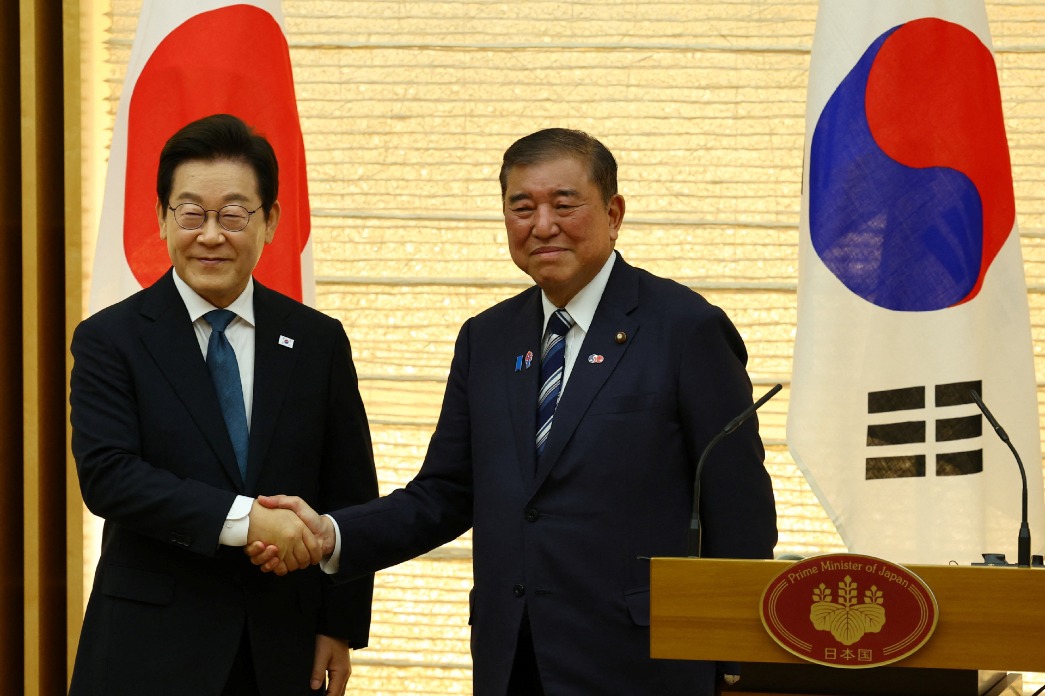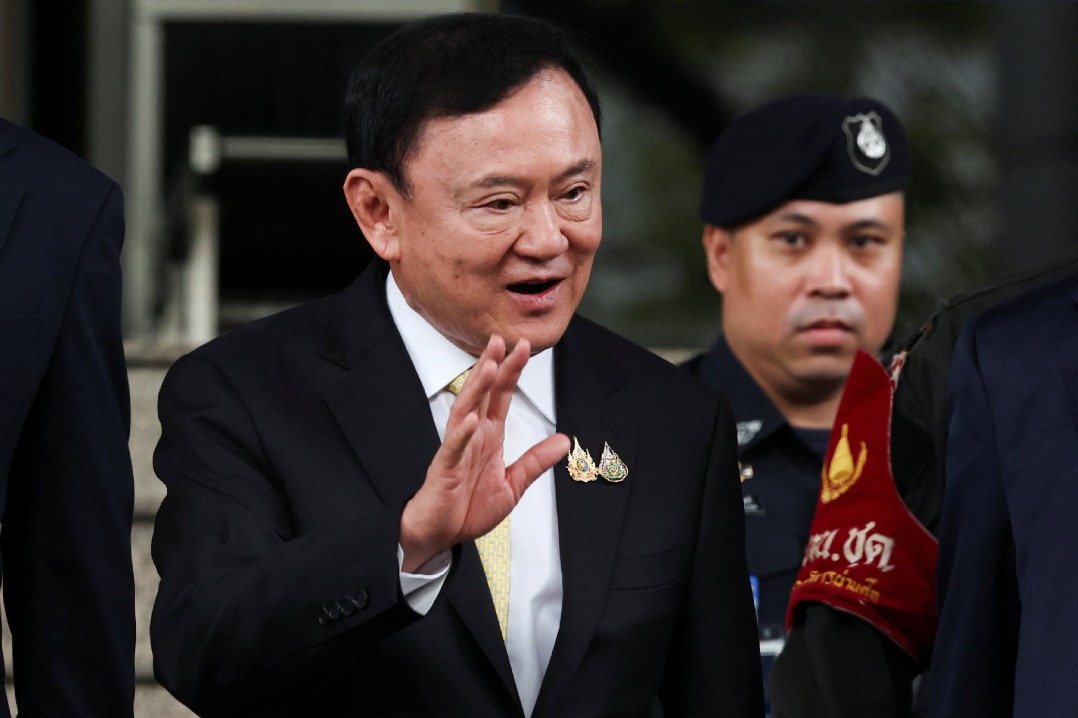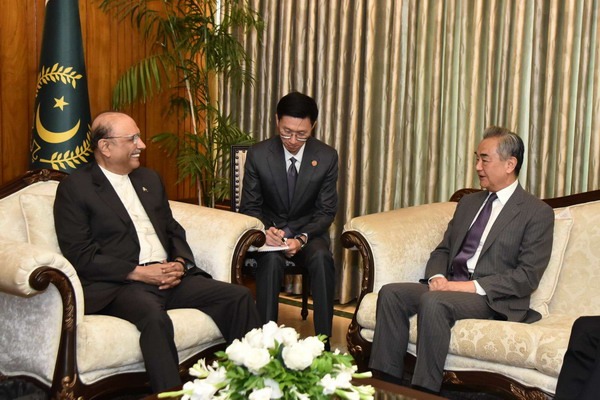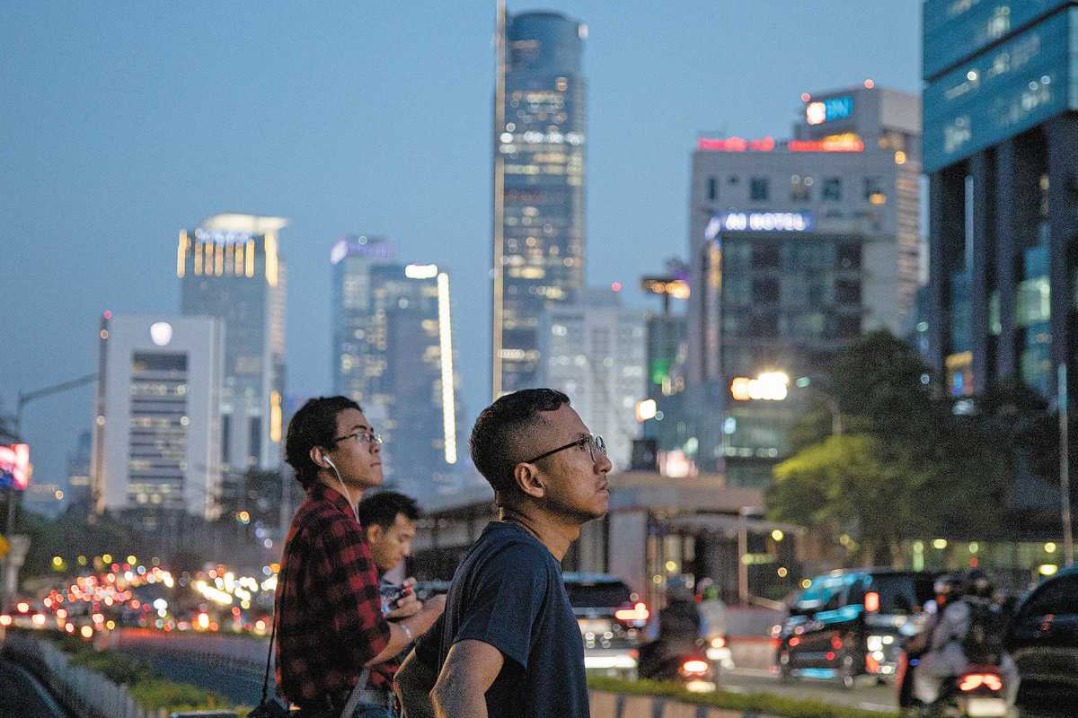US expands export controls targeting China's AI


The Trump administration has escalated trade restrictions targeting China's artificial intelligence and advanced computing sectors, marking its first major move to curtail China's technological advancement in those critical areas.
The US Department of Commerce's Bureau of Industry and Security on Tuesday added 80 organizations to its export blacklist, with more than 50 of them from China, effectively barring American companies from supplying those entities without government permits.
The Chinese Foreign Ministry urged Washington to "stop abusing various kinds of sanctions lists to unreasonably oppress Chinese companies". The diplomatic pushback highlights the growing tension between the world's two largest economies over technological primacy.
Among the notable additions to the "Entity List" are six subsidiaries of Inspur Group, a leading Chinese cloud-computing and big data service provider. Inspur had previously been blacklisted by the administration of former president Joe Biden in 2023.
Inspur has been a major client for US chip companies, including Intel, Nvidia and AMD, while also maintaining joint ventures with IBM and Cisco within China to serve local businesses.
The blacklisting means those US tech giants face strict limitations on their ability to sell products to Inspur and other companies, potentially losing substantial revenue from the lucrative Chinese market.
For companies like Nvidia and AMD, it represents a further blow, as they had already been experiencing decreased demand for their AI chips in China due to previous export controls implemented under the Biden administration.
The US tech industry has consistently opposed such export controls, arguing that they not only reduce revenue from one of their largest markets but also potentially harm domestic AI innovation.
In a policy proposal released on March 15, Google specifically called for "balanced export controls" to prevent negative impacts on US exports and global business operations.
AI export rules, including the recent Export Control Framework for Artificial Intelligence Diffusion, may "undermine economic competitiveness goals the current Administration has set by imposing disproportionate burdens on US cloud service providers", said Google in the proposal, adding that "the impacts may be counterproductive".
The tech sector has been particularly critical of the "AI Diffusion" rule, a comprehensive trade measure implemented by the Biden administration in January that limits sales of US AI models and chips to all but 18 "trusted" economies.
Industry leaders have described the restrictions as unworkable and counterproductive to the US' stated goals of protecting national security while maintaining AI leadership.
Nvidia's vice-president of government affairs, Ned Finkle, warned in January that by restricting Chinese companies' access to US technologies, such export controls could jeopardize global AI progress and "derail innovation and economic growth worldwide".
To understand whether the export controls can secure technological leadership, researchers at the Federal Reserve Bank of New York examined the cost of the restrictions on firms and revealed substantial economic consequences.
The study, published last month, shows that domestic firms affected by the export controls have indeed halted sales to Chinese customers. However, they have struggled to establish new relationships with alternative customers, either domestically or in politically aligned regions.

































